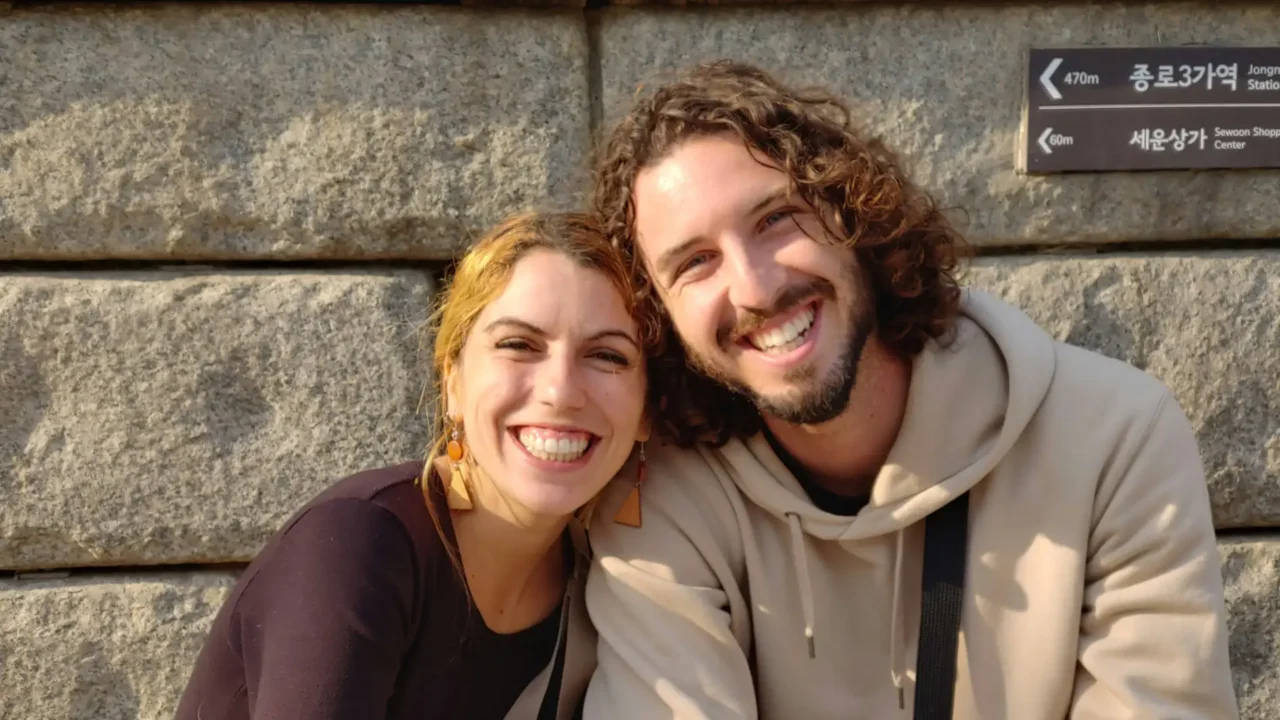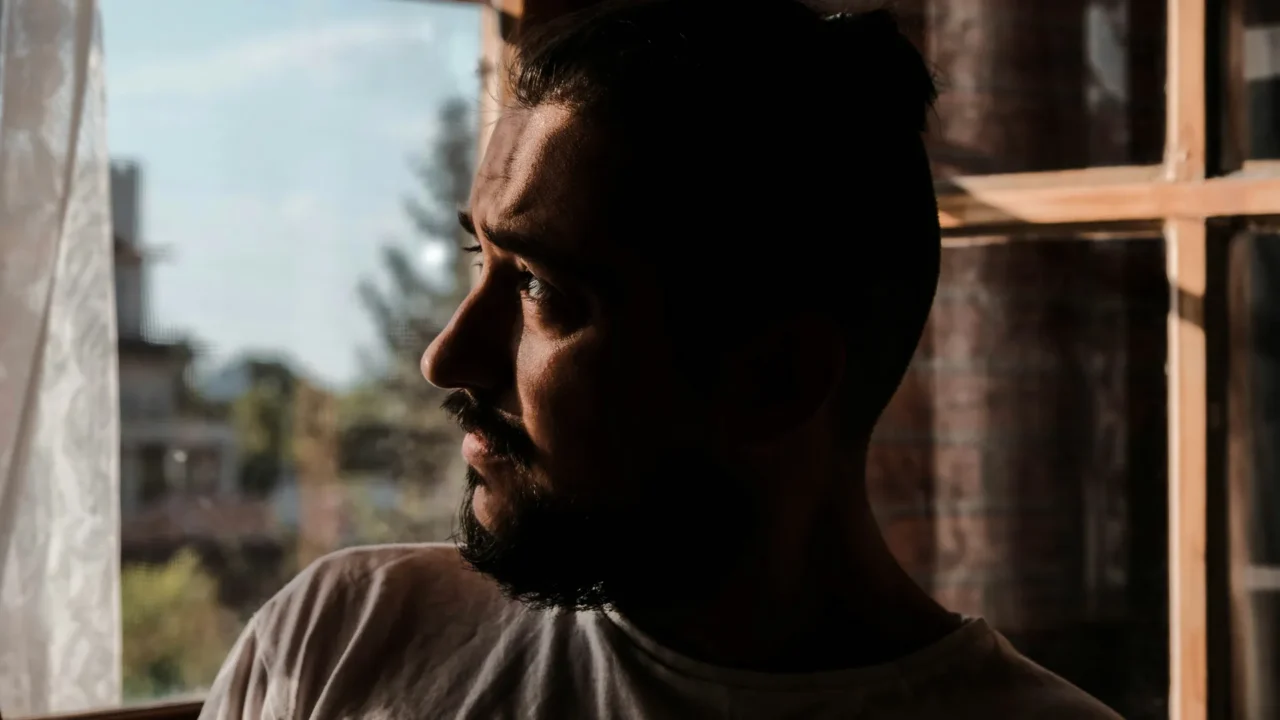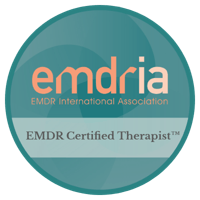Attachment trauma in adults isn’t just a childhood experience—it’s a lifelong imprint that can shape how we show up in relationships, how we see ourselves, and how safe we feel being emotionally connected to others. Adults who experienced disrupted or unsafe early attachments—often caused by childhood trauma—may find themselves struggling in relationships, even when there’s no obvious reason. They may feel anxious, avoidant, or emotionally overwhelmed in situations that seem manageable to others.
Understanding how attachment trauma shows up in adulthood is the first step toward change. Once we recognize the patterns, we can begin the work of healing and building healthy, secure connections.
What Is Attachment Trauma?
Attachment trauma occurs when a child’s emotional needs—for safety, comfort, affection, and consistency—are repeatedly unmet or inconsistently met by caregivers. These early experiences shape the brain’s relational blueprint—see how attachment styles develop—which continues to operate well into adulthood.
In a securely attached child, the brain learns: “I am safe, I am loved, and others can be trusted.”
But in a child with attachment trauma, the brain may learn: “I am not enough, people leave, or closeness isn’t safe.”
These beliefs become internal narratives that influence how we approach intimacy, trust, boundaries, and vulnerability in adult relationships. To learn more about the specific patterns, read about the four types of attachment trauma.

Signs of Attachment Trauma in Adults
Adults with unresolved attachment trauma may experience a range of emotional and relational challenges. These signs can sometimes overlap with ADHD symptoms, particularly when the nervous system is chronically dysregulated. See our article on ADHD and nervous system regulation. These signs are often mistaken for personal failings, but they are actually survival strategies developed in early life.
Fear of Abandonment or Rejection
This fear can manifest as clinginess, constant need for reassurance, or hypersensitivity to perceived slights or distance in relationships. Individuals may overanalyze messages, panic if someone doesn’t respond quickly, or feel devastated by minor conflicts. The underlying fear is, “If I’m not perfect, they’ll leave me.”
Struggles with Intimacy or Trust
Adults with attachment trauma often long for close relationships but struggle to fully trust others. They may question others’ motives, keep emotional distance, or sabotage relationships when they start to get too close. Even when love is offered freely, they may find it difficult to accept.
Avoidance of Emotional Closeness
Some adults cope with attachment trauma by withdrawing emotionally. They may appear distant, independent, or uninterested in deep connections. This avoidant behavior is often a defence mechanism developed in childhood to protect against emotional pain or disappointment.
Feeling Unworthy of Love
Low self-esteem and deep-rooted shame are common in those with attachment trauma. These individuals may believe they’re not lovable, fear being a burden, or assume they’ll be rejected once someone sees the “real” them. This belief system often leads to self-sabotage in relationships.
Anxiety in Relationships
Relationship anxiety might look like second-guessing your partner’s feelings, over-apologizing, fearing conflict, or being unable to relax in love. This chronic unease is driven by a nervous system that learned early on that relationships are unpredictable or unsafe.
How EMDR Can Heal Adult Attachment Trauma
Eye Movement Desensitization and Reprocessing (EMDR) is a powerful, research-backed therapy that helps adults reprocess the early experiences that shaped their attachment style. Unlike traditional talk therapy, EMDR targets the root memories that created negative beliefs and relational patterns, helping the brain and body release the emotional charge associated with those memories.
Rewires the Brain’s Attachment Patterns for Healthier Relationships
EMDR helps disrupt old neural pathways and build new, adaptive ones. Through reprocessing, clients begin to internalize messages like “I am safe,” “I am lovable,” and “I can trust others.” This shift in belief reduces fear and reactivity in relationships.
Builds Confidence in Emotional Security
As clients heal their attachment wounds, they become more comfortable with vulnerability, setting boundaries, and expressing needs. EMDR helps strengthen their sense of self and builds trust in their ability to navigate relationships with confidence.
Replaces Old Relationship Fears with Trust and Self-Worth
Rather than being hijacked by fear or shame, clients begin to operate from a place of groundedness. Relationships become less about survival and more about connection, mutual respect, and authentic expression.

You Deserve Healthy Love
If you recognize yourself in any of these patterns, know this: you are not broken. Your brain learned to protect you the best way it could. But healing is possible, and you don’t have to navigate this journey alone.
As a certified EMDR therapist, I specialize in helping adults heal from attachment trauma and build secure, connected lives.
💡 Curious about what to expect in EMDR therapy? Visit our FAQs to learn more.
📍 In-person sessions available in Monroe, NC.
🌐 Virtual sessions offered in NC, SC, TN, OK, CO, OR, and VT.
➡️ Learn more at www.elnitaottey.com or find a certified EMDR therapist near you at www.emdria.org.








